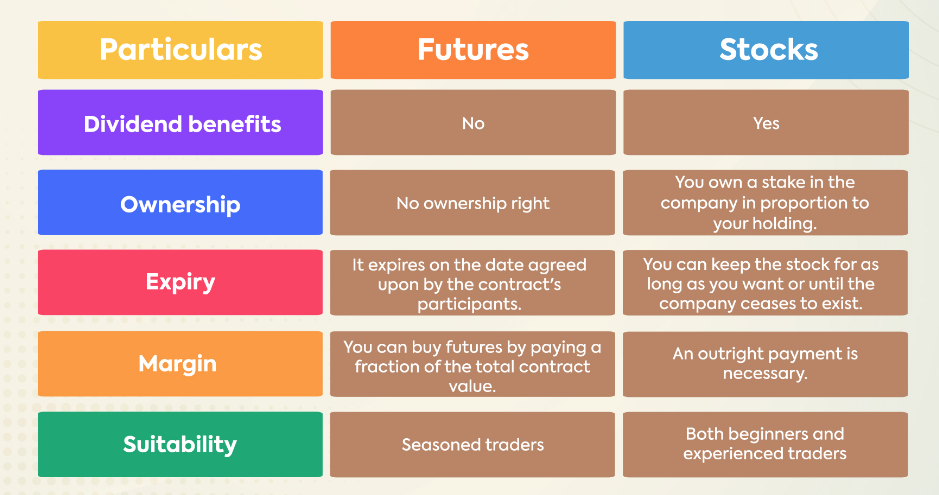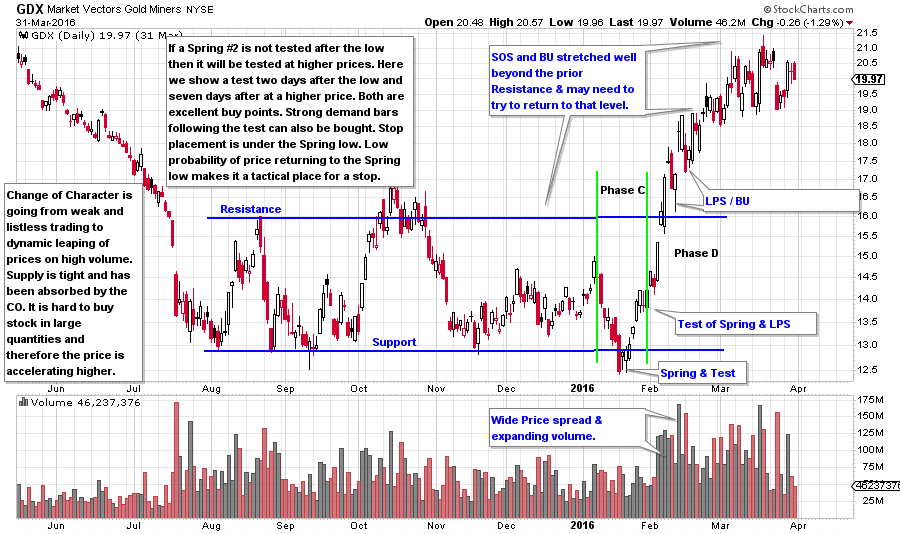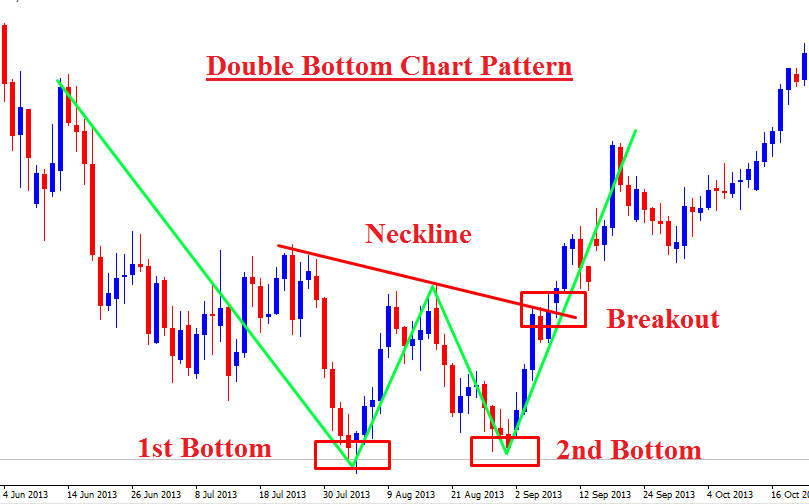The stock trading restrictions for the relatives of shareholders and executives of listed companies vary depending on the type and source of the stock, the role and relationship of the relative, and the applicable laws and regulations. Generally, the relatives of shareholders and executives of listed companies may be subject to the following restrictions:
Insider trading: This is the illegal practice of trading securities based on material, nonpublic information that gives an unfair advantage to the trader. The relatives of shareholders and executives of listed companies may have access to such information through their family ties, and may be prohibited from trading the securities of the company or any other company that is related to the information. Insider trading can result in civil and criminal penalties, as well as reputational damage, for both the trader and the company.
Rule 144: This is a rule issued by the Securities and Exchange Commission (SEC) that regulates the public resale of restricted and control securities. Restricted securities are securities acquired in unregistered, private sales from the issuing company or from an affiliate of the issuer, such as a shareholder or an executive. Control securities are securities held by an affiliate of the issuing company, such as a director or a large shareholder. The relatives of shareholders and executives of listed companies may own or receive such securities as gifts or inheritance, and may be required to comply with the conditions of Rule 144 to sell them in the public market. These conditions include holding periods, volume limits, notice filings, and manner of sale requirements.
Regulation Blackout Trading Restriction (BTR): This is a regulation issued by the SEC that prohibits executive officers and directors of a listed company from trading any company equity securities during any pension plan blackout period. A pension plan blackout period is a period of more than three consecutive business days when at least 50% of the plan participants are unable to direct or diversify their investments in company securities. The relatives of executive officers and directors of listed companies may not trade any company equity securities on their behalf or indirectly during such periods, unless an exception applies.
Model Code: This is a code of conduct issued by the NYSE American that provides guidance and best practices for listed companies and their directors, officers, employees, and affiliates regarding the disclosure and trading of company securities. The Model Code requires listed companies to adopt and enforce their own insider trading policies and procedures, and to educate and monitor their insiders and their relatives. The Model Code also recommends that listed companies impose trading windows, pre-clearance procedures, and blackout periods for their insiders and their relatives.
Market abuse rules: These are rules issued by various regulators and exchanges that aim to prevent and detect market manipulation, insider dealing, and other abusive practices that may harm the integrity and efficiency of the market. The relatives of shareholders and executives of listed companies may be subject to the market abuse rules of the jurisdictions and markets where they trade, and may be required to report and disclose their transactions, holdings, and interests in the securities of the company or any other company that is related to the information they possess.

These are some of the stock trading restrictions for the relatives of shareholders and executives of listed companies, but they are not the only ones. The relatives of shareholders and executives of listed companies should also consult their own legal and financial advisers, as well as the company’s policies and procedures, before engaging in any stock trading activities.







